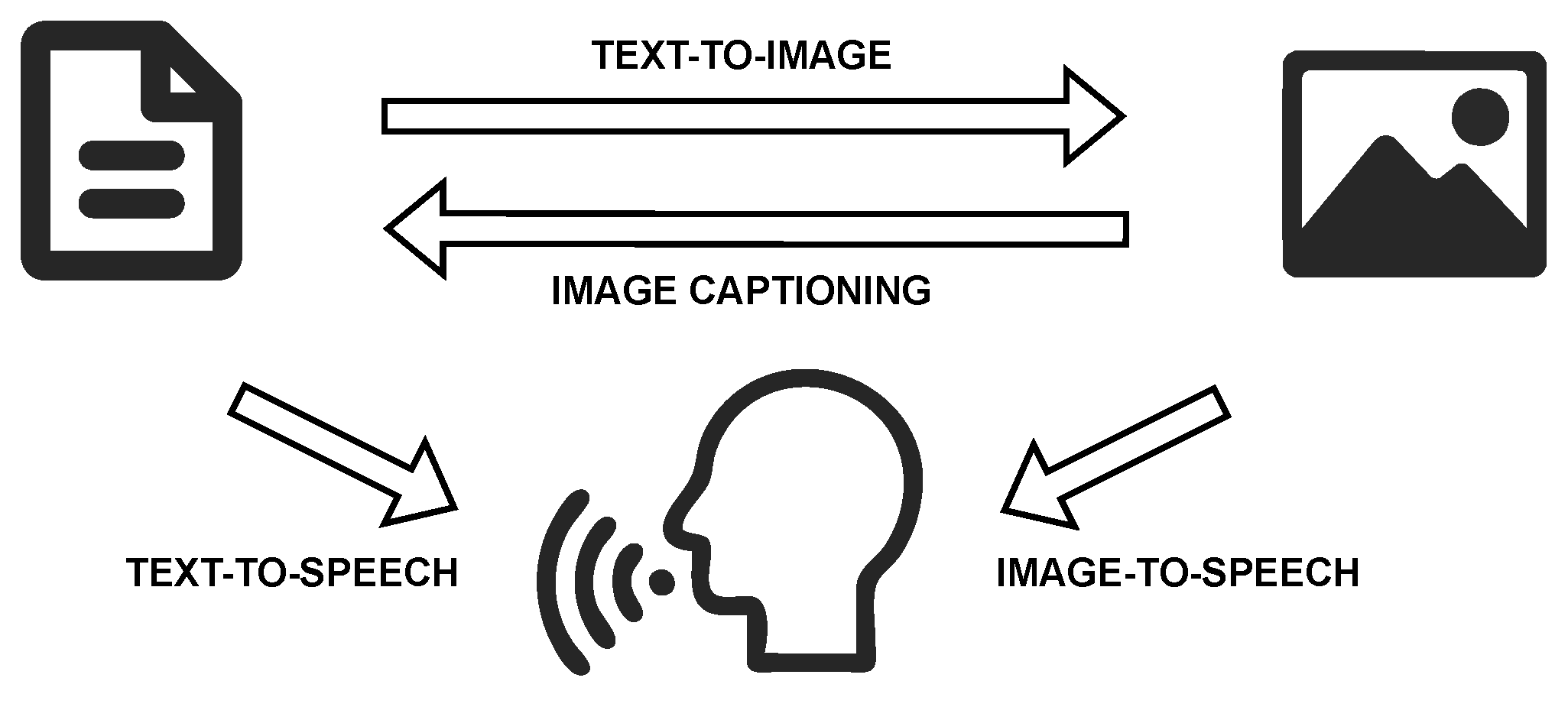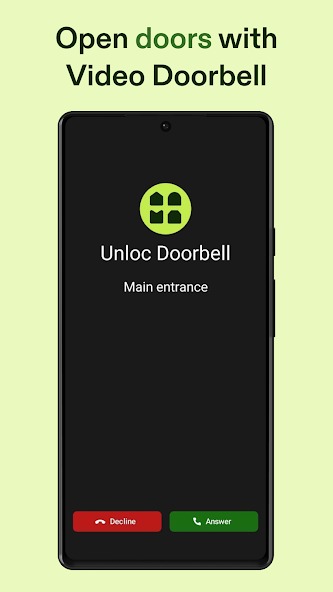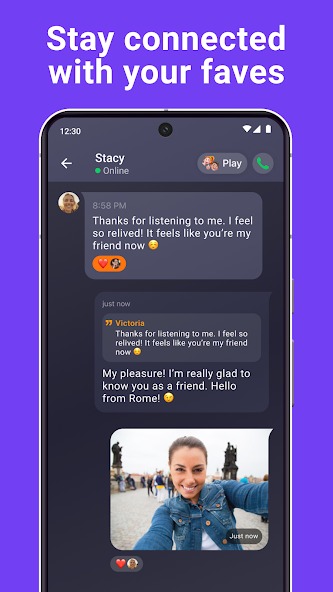TEXT TO SPEECH
The market for text-to-speech app development services is on a robust growth trajectory, driven by technological advancements and increasing demand across various sectors.
Text-to-speech (TTS) technology has seen significant growth over the past few years, driven by advancements in artificial intelligence, machine learning, and natural language processing.
The demand for TTS apps is increasing across various industries, including education, entertainment, accessibility, and customer service, making TTS app development services a thriving market.
With growing awareness of accessibility needs, TTS technology is increasingly being integrated into websites, apps, and devices to assist individuals with visual impairments or reading disabilities.
TEXT TO SPEECH
Custom TTS Engine Development
- Development of proprietary TTS algorithms
- Integration of neural network models
- Optimization for different languages and dialects
- Voice customization features
- Support for various audio formats
- Real-time speech synthesis
- Scalability for large datasets
TTS API Integration
- Seamless integration with third-party TTS APIs
- Support for popular APIs
- Custom API development
- Authentication & security protocols
- Multi-language support
- Integration with existing apps or systems
- Continuous updates and maintenance
Voice Cloning and Personalization
- Creation of custom voice profiles
- Deep learning models for voice cloning
- Emotion and tone modulation
- Support for different genders, ages, and accents
- Real-time voice adaptation
- User-friendly voice customization interface
- Secure data storage and privacy compliance
Accessibility Feature Integration
- Text-to-speech conversion for visually impaired users
- Screen reader compatibility
- Multilingual support for accessibility
- Integration with assistive technologies
- Customizable speech speed and pitch settings
- Voice command functionality
- Compliance with accessibility standards (e.g., WCAG)
Multilingual TTS App Development
- Support for a wide range of languages and dialects
- Accurate pronunciation and natural intonation
- Language switching and real-time translation
- Voice data collection and processing
- Custom language model development
- Partnering with Sports Events
- Continuous language updates and expansions
TTS for E-Learning and Educational Apps
- Conversion of text-based content to audio
- Interactive voice features for quizzes and assessments
- Customizable voice options for different age groups
- Integration with e-learning platforms (e.g., Moodle)
- Support for educational standards and guidelines
- Real-time speech feedback for language learning
- Analytics and reporting features for educators
Transform Your Content with Our Text-to-Speech Solutions
Unlock the Power of Voice – Enhance accessibility, engagement, and reach with custom TTS technology tailored to your needs.
BENEFITS OF
TEXT TO SPEECH
Unlocking Efficiency: Unveiling the Game-Changing Advantages of iOS App Development
01
Enhanced Accessibility
TTS services make digital content accessible to visually impaired users, allowing them to consume information through audio. By supporting multiple languages and dialects, TTS ensures that content is available to a global audience, meeting diverse accessibility needs.
02
Improved User Engagement
By offering an alternative to text-based content, TTS increases user engagement through voice interaction. This immersive experience appeals to different learning styles, helping users retain information more effectively and making content consumption more enjoyable.
03
Cost-Effective Content Delivery
TTS services eliminate the need for manual voice recording, significantly reducing the time and resources required to produce audio content. This automated approach streamlines the content delivery process, making it more efficient and cost-effective.
04
Operational Efficiency
Automating voice-related tasks with TTS technology can help streamline business operations. By reducing manual effort and improving workflow efficiency, TTS services contribute to increased productivity in content management and delivery.
Why choose Digital Brain Media?
Get a Free Quote
Unlock the Power of Voice – Enhance accessibility, engagement, and reach with custom TTS technology tailored to your needs.
TECHNOLOGIES WE FOCUS ON

Swift

Xcode

SwiftUI

Cocoa Touch

URLSession

Git
CASE STUDIES OF SOLUTIONS INDUTRIES
TEXT TO SPEECH INSIGHTS

Advancements in Personalization and Customization
Text-to-speech services have made significant strides in personalization, allowing users to tailor voices with specific emotions, tones, and accents. This customization is crucial for enhancing user engagement and making interactions more relevant and meaningful across various applications.
Expanding Applications Across Industries
TTS technology is being adopted in diverse sectors such as education, entertainment, and customer service. These services are enabling more accessible content in e-learning, creating interactive experiences in entertainment, and improving efficiency in customer service through voice-based interactions.


Integration with Emerging Technologies
The future of TTS lies in its integration with voice recognition and natural language processing technologies. These developments are leading to the creation of sophisticated voice interfaces, which are becoming central to the user experience in smart devices, apps, and virtual assistants.
FAQ
Yes, advanced TTS technology can clone specific voices using deep learning models. This involves training the system on samples of the desired voice, allowing it to generate speech that closely resembles the original voice. This technology is often used in entertainment, marketing, and personalized user experiences.
TTS can be integrated into e-learning platforms by converting written content into audio, enabling students to listen to lessons. It can also be used for interactive voice feedback in quizzes, language learning, and accessibility for students with visual impairments or reading difficulties.
When using TTS in sensitive applications, it's essential to ensure that the data used for speech synthesis is secure. Encryption, access controls, and compliance with privacy regulations (e.g., GDPR) are crucial to protect user data and prevent unauthorized access or misuse.
Yes, some advanced TTS systems can detect and adapt to the emotional tone of the text. By analyzing contextual cues, these systems can modulate pitch, pace, and tone to convey emotions such as excitement, sadness, or urgency, making the synthesized speech more natural and expressive.
TTS systems capable of handling multilingual content can switch languages seamlessly within a single document. These systems identify the language of each segment and apply the appropriate language model, ensuring accurate pronunciation and intonation for each language.TTS systems capable of handling multilingual content can switch languages seamlessly within a single document. These systems identify the language of each segment and apply the appropriate language model, ensuring accurate pronunciation and intonation for each language.
Real-time TTS implementation faces challenges like latency, accuracy, and the naturalness of the speech. Overcoming these requires optimizing the TTS engine for speed, using high-quality language models, and ensuring that the system can handle various accents and dialects quickly and accurately.
TTS can be deployed in public spaces to provide audio instructions, announcements, or information for visually impaired individuals. It can be integrated into kiosks, public transport systems, and other infrastructure to improve accessibility and ensure that all users receive critical information
Yes, TTS systems can be customized to reflect different accents and regional dialects. This customization involves training the TTS engine on datasets specific to those accents and dialects, ensuring that the synthesized speech matches local pronunciation and linguistic nuances.
TTS can enhance SEO by improving user engagement metrics like time on page and bounce rates. When users can listen to content, they may stay longer on the site. Additionally, providing audio versions of content can improve accessibility, potentially boosting site traffic and search engine rankings.
Ethical considerations include ensuring that users are informed they are interacting with a TTS system and not a human. It's also important to avoid using TTS to impersonate real people without consent and to ensure that the technology is used to enhance, rather than replace, human interaction where it’s most needed.










